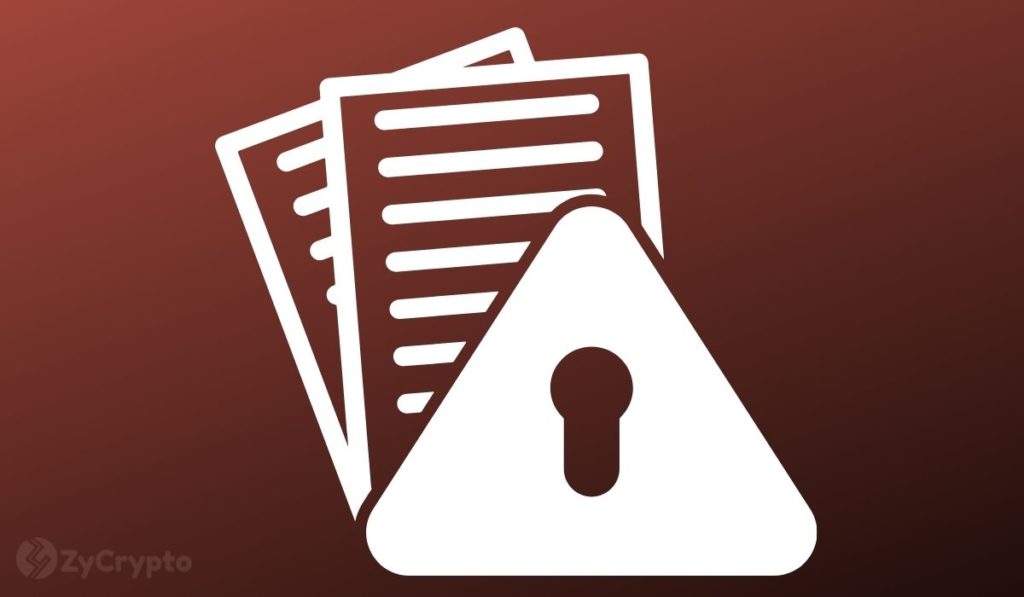
The crypto community in the US is staring at tough times ahead after a bipartisan bill that was leaked suggested tougher regulations on the nascent sector. The bill was drafted by Senators Cynthia Lummis and Kirsten Gillibrand and comes barely four months after President Joe Biden issued an executive order directing his administration to begin sketching regulations on digital assets.
But first, the bill has been hailed by a section of the community as a step in the right direction with regard to providing clarity to the US crypto industry. For instance, it requires all crypto exchanges and stablecoin issuers to be registered under US laws. It also classifies most crypto assets under the Commodity Futures Trading Commission (CFTC), essentially taking away most of the Security Exchange Commission’s authority over crypto assets.
All Decentralized Anonymous Organizations (DAOs) would also require to be registered. The bill also protects users by stating that under bankruptcy proceedings, users will be refunded their assets as a matter of priority. Furthermore, small-scale purchases- any transactions below $200- will be exempted from tax.
If the bill is passed, depository institutions will likewise have the right to issue stablecoins. The bill further seeks to unify some money transmission laws across states which would help a lot not only in the US but also bolster cross-border remittances.
However, the draft bill has some shortcomings. Apart from having unclear language on Decentralized Finance(DeFi) it fails to clearly capture the status of Non Fungible Tokens(NFTs). Further, its disclosure requirements make it almost impossible for anonymous projects to comply with the law. As for exchanges or crypto firms operating outside the US but with US token-holders, lots of things could be done without the right legal structure which could send a chilling effect across the industry.
Furthermore, more powers to more regulators also mean compliance costs on exchanges as well as other crypto firms would go through the roof. Exchanges will also have to pay more to the government once fee offsetting rules come into law.
That said, while the bill generally reflects good intentions by regulators, some feel that it could stifle growth and innovation in the crypto industry if it is allowed to pass in its current state.
“Plenty of good in here to at least make clear crypto is allowed in the US. But it aims to regulate it as strictly (or even more strictly) than banks and current financial services providers.” Said, Adam Cochran, a partner at Cinneamhain Ventures. According to him, this is the perfect chance for lobby groups to get involved in trying to iron out some of the clunky languages that would be problematic.
- "
- According
- across
- administration
- ahead
- All
- apart
- around
- Assets
- authority
- Bankruptcy
- Banks
- below
- biden
- Bill
- Bills
- bipartisan
- capture
- Cardano's
- CFTC
- Charles
- charles hoskinson
- come
- commission
- commodity
- community
- compliance
- Costs
- could
- cross-border
- crypto
- Crypto Exchanges
- crypto firms
- Crypto Industry
- Crypto regulations
- Current
- Current state
- decentralized
- DeFi
- digital
- Digital Assets
- effect
- essentially
- exchange
- Exchanges
- executive
- financial
- financial services
- First
- further
- Furthermore
- Futures
- generally
- good
- Government
- Group’s
- Growth
- having
- help
- here
- HTTPS
- impossible
- industry
- Innovation
- instance
- institutions
- involved
- issue
- IT
- Joe Biden
- language
- Languages
- Law
- Laws
- Legal
- Matter
- money
- months
- more
- most
- NFTs
- operating
- organizations
- Other
- partner
- Pay
- perfect
- power
- priority
- projects
- providing
- reflects
- registered
- regulations
- Regulators
- Remittances
- require
- Requirements
- requires
- rules
- Said
- sector
- security
- Services
- some
- stablecoin
- Stablecoins
- State
- States
- Status
- taking
- tax
- The
- the Law
- things
- Through
- times
- Trading
- Transactions
- under
- us
- users
- Ventures
- without
- would













